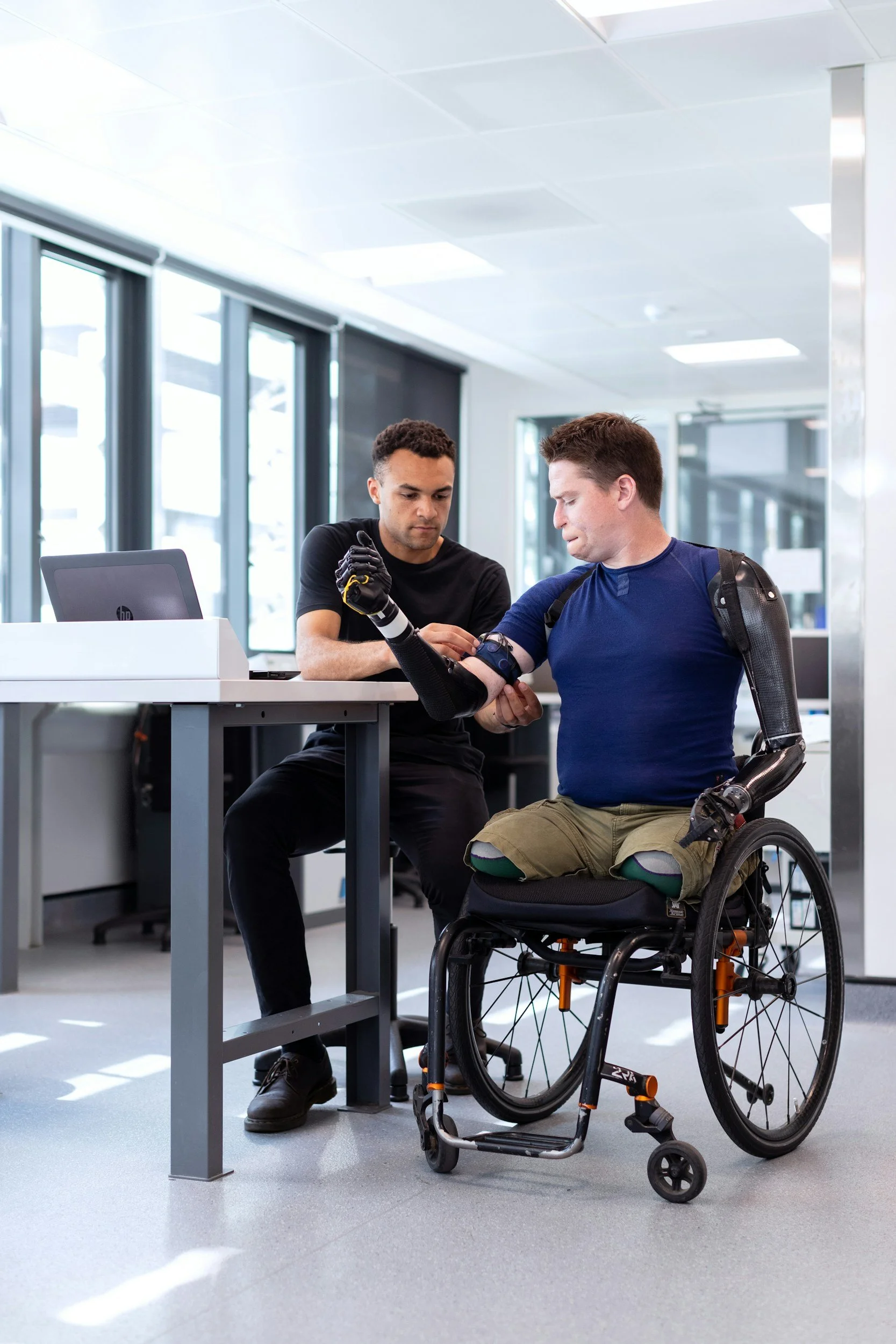Physical Therapist Life Videos:
Here’s a brief list of what Physical Therapists do:
Patient Assessment: Conducting thorough assessments to evaluate patients' movement, strength, flexibility, balance, and functional abilities.
Treatment Planning: Developing personalized treatment plans based on patient assessments, medical history, and treatment goals.
Therapeutic Interventions: Providing hands-on manual therapy techniques, therapeutic exercises, and functional training to improve mobility, reduce pain, and restore physical function.
Pain Management: Using modalities such as heat, cold, ultrasound, and electrical stimulation to manage pain and promote healing.
Patient Education: Educating patients and caregivers on injury prevention, rehabilitation exercises, home exercise programs, and proper body mechanics.
Progress Monitoring: Monitoring patients' progress, reassessing outcomes, and adjusting treatment plans as needed to achieve optimal rehabilitation goals.
Functional Rehabilitation: Assisting patients in regaining independence in activities of daily living (ADLs) and functional tasks through targeted rehabilitation techniques.
Orthopedic Care: Treating musculoskeletal conditions, sports injuries, post-surgical rehabilitation, and orthopedic impairments.
Here’s how YOU can become one:
Educational Preparation:
Bachelor’s Degree: Start by earning a bachelor’s degree from an accredited college or university. While specific majors are not always required, coursework in biology, anatomy, physiology, physics, chemistry, and psychology is beneficial.
Prerequisite Courses: Complete prerequisite courses required by Doctor of Physical Therapy (DPT) programs. These typically include biology, chemistry (including organic chemistry), physics, anatomy, physiology, and psychology.
Gain Observation and Volunteer Experience:
Clinical Experience: Obtain hands-on experience by shadowing or volunteering with physical therapists in various healthcare settings. This experience helps you understand the role of a physical therapist and gain insight into patient care.
Apply to Doctor of Physical Therapy (DPT) Programs:
Doctoral Program: Apply to accredited Doctor of Physical Therapy (DPT) programs. DPT programs generally take 3 years to complete and include coursework in biomechanics, neuroscience, pharmacology, diagnostic imaging, clinical reasoning, and therapeutic interventions.
Accreditation: Choose a DPT program accredited by the Commission on Accreditation in Physical Therapy Education (CAPTE) to ensure the program meets national standards for physical therapy education.
Complete Clinical Rotations:
Clinical Experience: Participate in clinical rotations or internships throughout your DPT program. These supervised experiences provide hands-on training in various clinical settings, such as hospitals, outpatient clinics, rehabilitation centers, and schools.
Pass the National Physical Therapy Examination (NPTE):
Licensure Exam: After completing your DPT program, pass the National Physical Therapy Examination (NPTE) administered by the Federation of State Boards of Physical Therapy (FSBPT). The NPTE assesses your knowledge and competency in physical therapy practice.
State Licensure: Apply for licensure as a physical therapist through your state licensing board. Licensure requirements vary by state but typically include passing the NPTE, completing supervised clinical hours, and meeting continuing education requirements.
Specialization and Certification:
Specialization: Consider pursuing specialization in a specific area of physical therapy, such as orthopedics, neurology, pediatrics, sports medicine, or geriatrics. Specialization may require additional training, clinical experience, and certification exams.
Certification: Obtain specialty certification through the American Board of Physical Therapy Specialties (ABPTS) to demonstrate advanced knowledge and skills in your chosen specialty area.
This is a very brief and general plan. To know your specific academic path for this career please talk to an advisor at the college or program you plan on attending!




